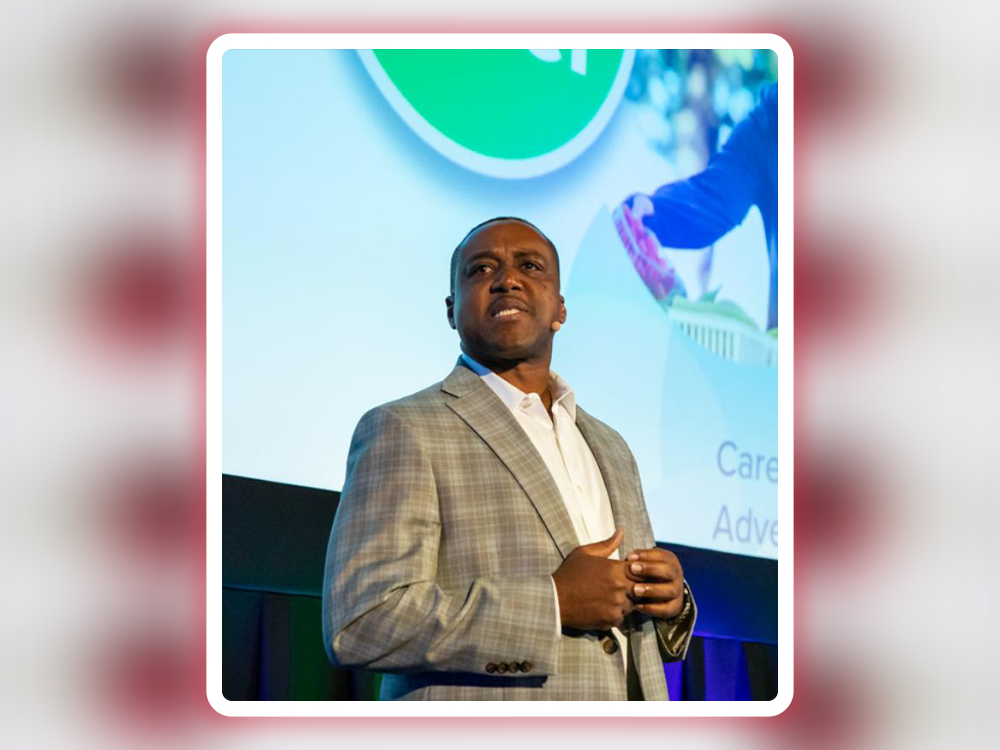HR's Role in Advancing Workplace Diversity
HR's Role in Advancing Workplace Diversity
HR's Role in Advancing Workplace Diversity and Inclusion

In today's rapidly evolving corporate landscape, diversity and inclusion have become more than just buzzwords. They are key drivers of success, fostering innovation, improving employee engagement, and enhancing overall organizational performance. Human Resources (HR) departments play a pivotal role in shaping and sustaining diversity and inclusion initiatives within the workplace.
Creating an Inclusive Culture
HR as Diversity Champions: HR professionals are the advocates for diversity and inclusion within their organizations. They develop strategies, policies, and programs that champion diversity, aiming to create a welcoming and equitable work environment.
Samuel Siebu described that recruitment and Hiring: HR is responsible for implementing unbiased recruitment processes, promoting equal opportunities, and diversifying candidate pools. They also train hiring managers to recognize and mitigate unconscious biases.
Education and Training
Diversity Training: HR conducts diversity and inclusion training programs for employees and leadership. These programs raise awareness, challenge stereotypes, and foster empathy, ensuring that everyone understands the value of diversity.
Inclusive Leadership Development: HR identifies and develops leaders who embrace diversity and inclusion as core values. They offer leadership development programs that promote inclusive leadership skills.
Support and Advocacy
Employee Resource Groups: HR encourages the formation of Employee Resource Groups (ERGs) that provide a platform for employees from diverse backgrounds to connect, share experiences, and advocate for change.
Complaint Resolution: HR manages and resolves diversity-related complaints, ensuring a fair and transparent process that upholds the organization's commitment to inclusion.
Measurement and Accountability
Data Collection: HR collects and analyzes diversity metrics, tracking progress and identifying areas for improvement. This data-driven approach helps organizations make informed decisions.
Accountability: HR holds leadership accountable for diversity and inclusion goals, driving commitment and action from top-level management.
In the modern workplace, diversity and inclusion are essential components of a thriving, innovative, and competitive organization. HR professionals are the architects of this transformation, actively shaping company culture, fostering inclusivity, and ensuring that diversity remains a driving force behind success. Their commitment to these principles is not just a responsibility; it's a strategic imperative that benefits organizations and society as a whole.








